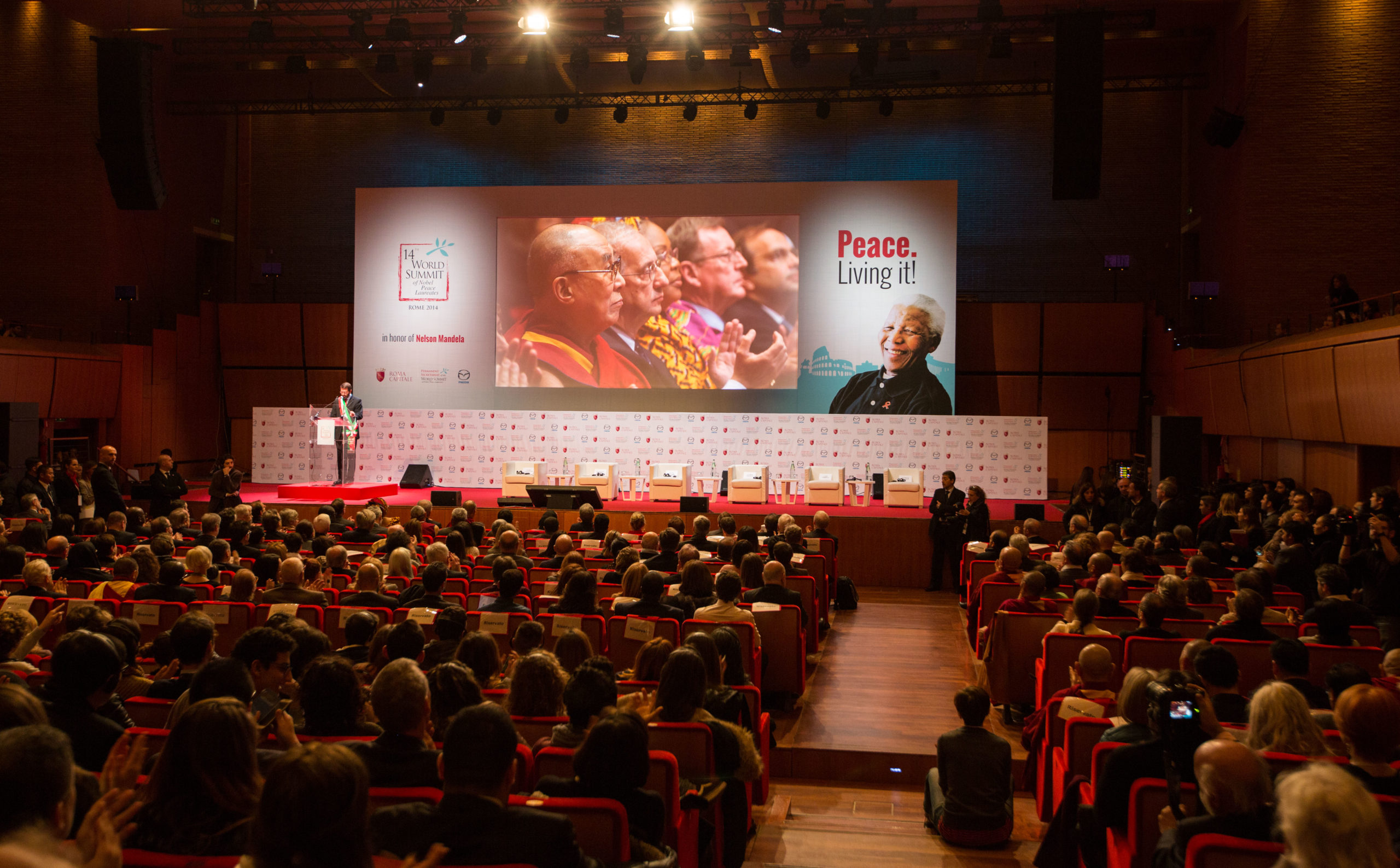Branting, “the father of Swedish socialism” and a co-founder of the Swedish Social and Democratic Workers’ Party and its leader beginning in 1907, in the years 1886-1917 editor-in-chief of the party’s paper, “Social-Demokraten”. He was the only son of a well-known Swedish gymnastics teacher. Branting studied in Uppsala where he focused on mathematics and astronomy.
His liberal views were apparent even before 1880: when he learned that Stockholm’s Institute of Workers had no funds for its courses for workers, he paid part of the costs from his own pocket in order to maintain the Institute’s activity. He was deeply convinced that true democracy could not exist without the active participation of workers. Thirty years later he claimed that socialism was applied theory of democratic development and that communism was an enemy of democracy, a synonym of oligarchy and a beginning of economic collapse.
Minister of finance (1917-1918), delegate at the Paris Peace Conference (1919), prime minister of Sweden (with breaks) from 1920-1925, foreign minister in the years 1921-23, member of the Council of the League of Nations from 1922 to 1925. He initiated the creation of the ministry of social care. Branting was a constitutional pacifist, a proponent of arbitration, Sweden’s neutrality and respect for the rights of smaller nations.
Lange studied history and English, as well as French at Oslo University. He later lectured at higher education institutions and conducted research on internationalism. He wrote his doctoral dissertation on the international movement before the Peace of Westphalia and published the work in 1919.
In the years 1909-1933 Lange was secretary general of the Inter-Parliamentary Union and reorganised its office. Gifted with organisational skills, he was secretary of the parliamentary Nobel Committee from 1899 and subsequently held the same position at the Norwegian Nobel Institute.
He was one of the founders of the League of Nations and Norway’s delegate to the League (1920-1937).
He believed in the freedom of speech, trade, popular election and the right of workers to associate. Lange was an expert on the complex issues of arbitration and armament control. He also wrote a history of pacifism from ancient times to the early years after World War I.

